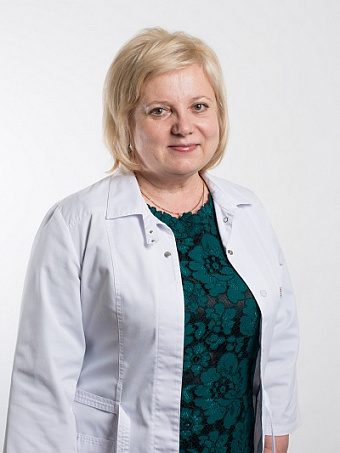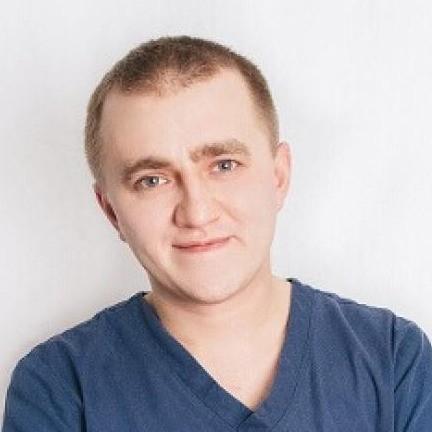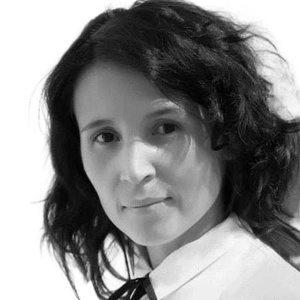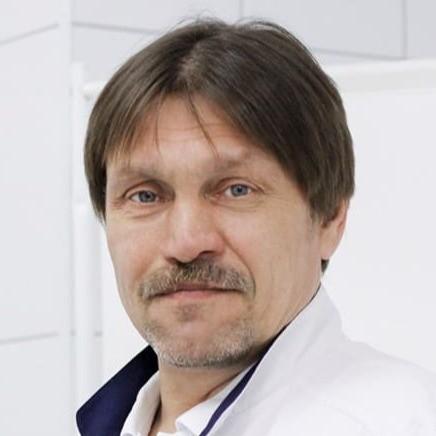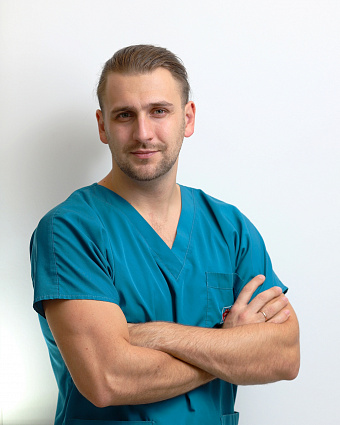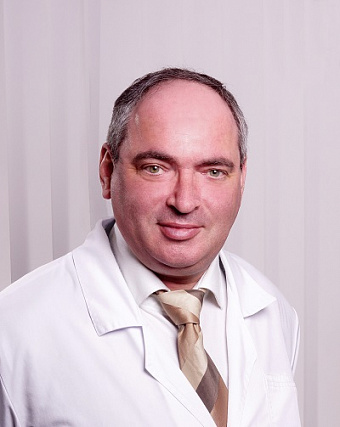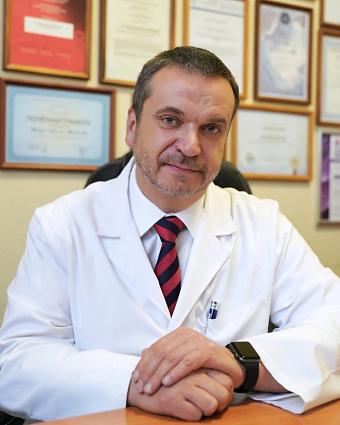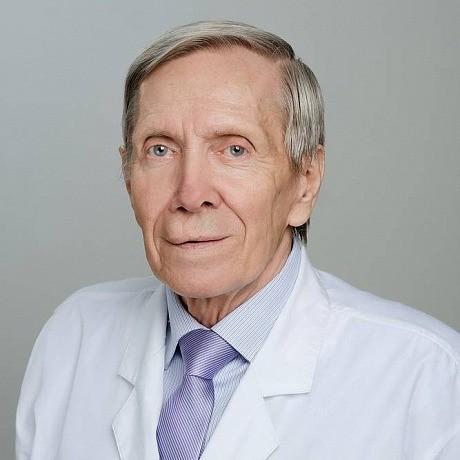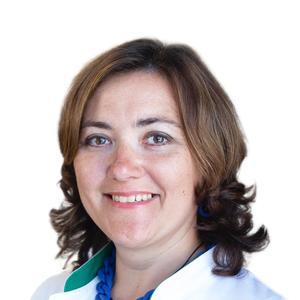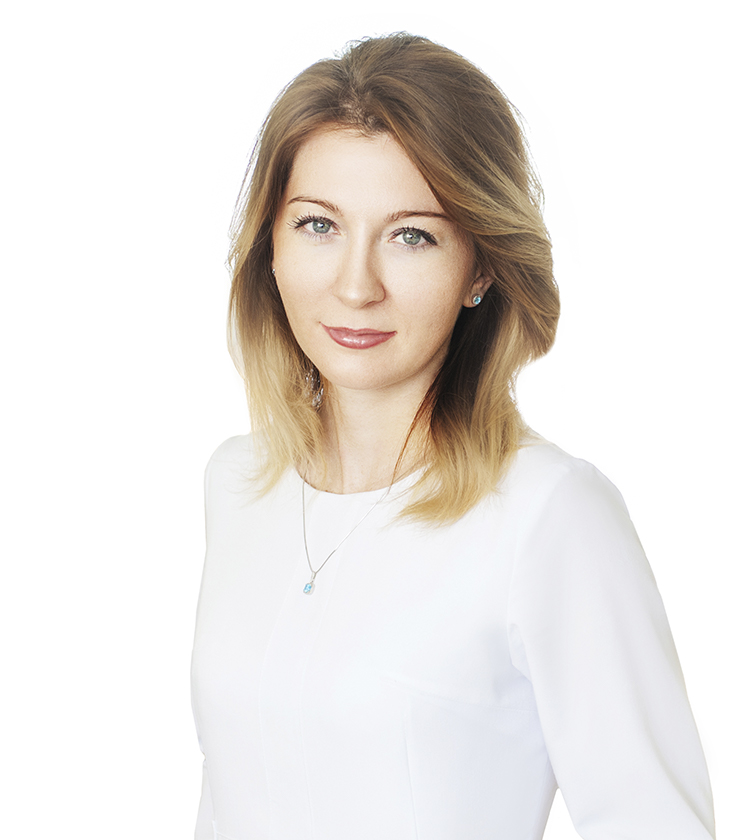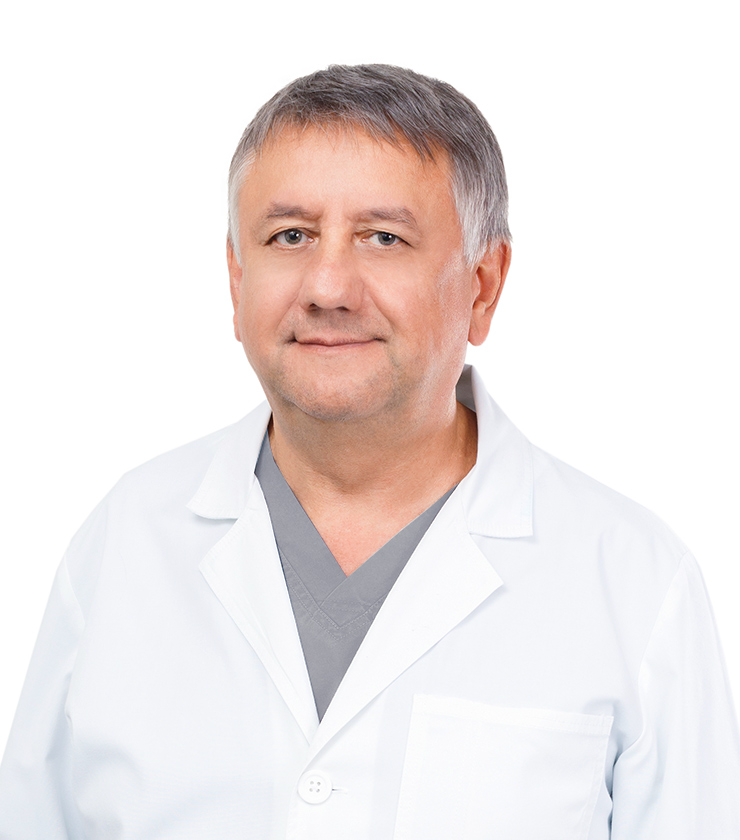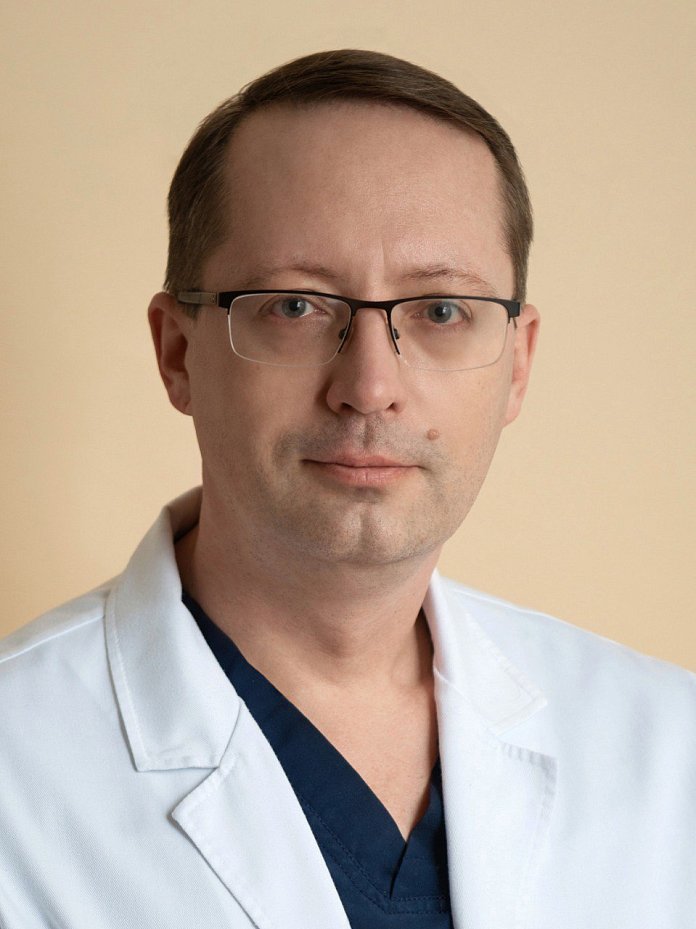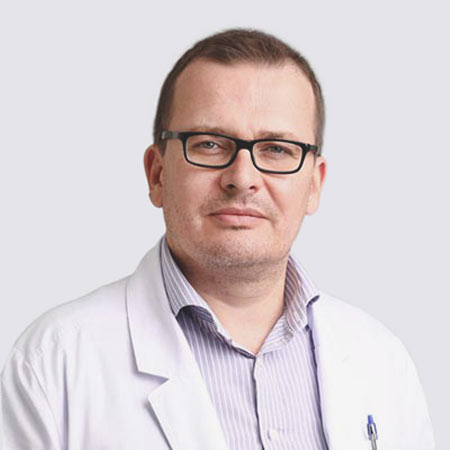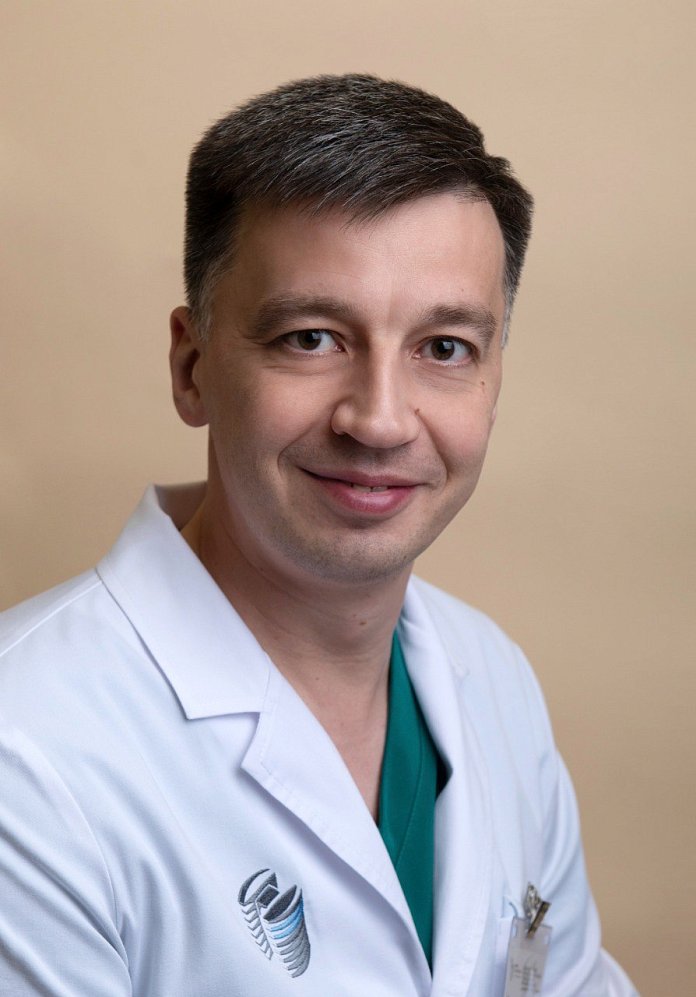Chronic Myeloid Leukemia
Myeloid leukemia is an oncohematological disease characterized by uncontrolled growth of myeloid cells in the bone marrow. The main form is considered to be Chronic Myeloid Leukemia (CML), which has a gradual course and is marked by a specific genetic abnormality — the so-called Philadelphia chromosome. As a result of the mutation, an abnormal BCR-ABL gene forms, responsible for the excessive production of pathological cells.
Causes and Risk Factors
The exact cause of CML is unknown. However, it has been established that the disease is associated with a mutation in bone marrow stem cells. The main predisposing factors include:
-
ionizing radiation;
-
exposure to certain chemicals;
-
hereditary genetic disorders;
-
age over 40.
Most cases are not linked to heredity or external influences, which makes prevention difficult.
Incidence Rate
Chronic Myeloid Leukemia is relatively rare, accounting for about 15% of all adult leukemia cases. It is more commonly diagnosed in men, typically between the ages of 40 and 60. It is extremely rare in children.
Signs and Symptoms
The disease may remain asymptomatic for a long time and be discovered incidentally during a blood test. As it progresses, the following symptoms may appear:
-
weakness and fatigue;
-
increased sweating, especially at night;
-
weight loss;
-
low-grade fever;
-
enlargement of the spleen and liver;
-
feeling of abdominal fullness;
-
bone pain;
-
susceptibility to infections.
Early detection allows treatment to begin before complications arise.
Stages of Chronic Myeloid Leukemia
The disease progresses in three sequential phases:
-
Chronic Phase: the initial stage, characterized by a stable course. Most patients respond well to therapy.
-
Acceleration Phase: increase in the number of immature cells, deterioration in general condition.
-
Blast Crisis: an aggressive stage resembling acute leukemia, accompanied by severe complications.
Timely treatment helps control the disease in its early stages.
Diagnosis
To confirm the diagnosis, both laboratory and instrumental methods are used:
-
complete blood count (leukocytosis, thrombocytosis, anemia);
-
myelogram — evaluation of bone marrow cell composition;
-
cytogenetic testing for the Philadelphia chromosome;
-
PCR test to identify the BCR-ABL gene;
-
abdominal ultrasound (to assess spleen and liver size).
Comprehensive diagnostics confirm the diagnosis and help select the optimal treatment strategy.
Treatment
Treatment Methods
The main treatment for Chronic Myeloid Leukemia is the use of tyrosine kinase inhibitors (imatinib and its analogues). These drugs block the activity of the abnormal BCR-ABL protein and slow disease progression. Additional options may include:
-
interferons;
-
chemotherapy agents (in case of resistance);
-
bone marrow transplantation (if drug therapy is ineffective);
-
symptomatic support.
Treatment by Phases
In the chronic phase, treatment allows most patients to achieve remission. In the acceleration phase, therapy adjustment or addition of chemotherapy may be necessary. In the blast crisis phase, prognosis worsens, and bone marrow transplantation is often required.
Treatment of Chronic Myeloid Leukemia in Russia
Clinics
In Russia, CML treatment is available at leading medical institutions:
-
N.N. Blokhin National Medical Research Center of Oncology (Moscow) — the largest center with experience in oncohematology.
-
European Medical Center (EMC, Moscow) — a private clinic offering personalized care and modern medications.
-
MEDSI Medical Clinic Network — provides a full range of diagnostic and therapeutic procedures.
Treatment Costs
Costs vary depending on disease stage and treatment plan:
-
initial consultation with a hematologist — from $65;
-
laboratory and molecular diagnostics — from $250;
-
targeted therapy (tyrosine kinase inhibitors) — from $1200/month;
-
bone marrow transplantation — from $19,000.
Prices may vary depending on the clinic and case complexity.
Support from the MARUS Platform
The MARUS platform assists foreign patients seeking leukemia treatment in Russia. The service helps select a clinic, organize diagnostics, and initiate therapy. Platform specialists support the patient at all stages — from the first contact to completion of the treatment course. MARUS works with the country’s leading oncology centers, ensuring high quality and personalized care.
Ophthalmology
Oncology
Dentistry
Oncohematology
Care Assistants
All information on this website is provided for informational purposes only and does not constitute medical advice. All medical procedures require prior consultation with a licensed physician. Treatment outcomes may vary depending on individual characteristics. We do not guarantee any specific results. Always consult a medical professional before making any healthcare decisions.

Doctors
Choose the package that suits you best — from selecting the right doctor and clinic to full trip and treatment organization
MARUS support options
Choose a package that works for you — from choosing your doctor to full-service travel and treatment
Send a request
You choose the clinic — we’ll take care of travel and treatment arrangements and all the paperwork.


